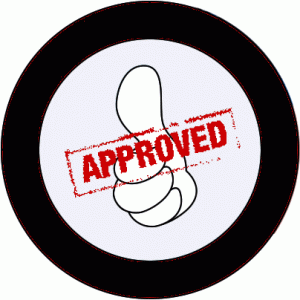
One hurdle down. Several more to go with the EU, Canadian Competition Bureau and various other antitrust authorities around the world still needing to weigh in on this.
Penguin’s settlement with the Justice Department was a move to smooth the way for this merger, and it looks like that move worked. Note that Random House, not included in the price-fixing case, will be bound by the terms of the Penguin settlement.
Who owns how much of what? For those who are keeping score, according to the announcement:
Following completion, Bertelsmann will own 53% and Pearson 47% of Penguin Random House. It will encompass all of Random House and Penguin Group’s publishing units in the U.S., Canada, the U.K., Australia, New Zealand, India and South Africa, as well as Penguin’s operations in China and Random House’s publishers in Spain and Latin America.
I wonder what impact the merger will have on libraries and e-books. Random House allows libraries to purchase them from OverDrive, at inflated prices, while Penguin severed its relationship with OverDrive last year and has been partnering with other sources, like Baker & Taylor and 3M. Will Random House also split with OverDrive, or will Penguin begin working with them again? What will they cost? Stay tuned!
Does anyone know what the new company will be called? Penguin Random House? I remember some discussion of that last year, but I couldn’t track down a final name.


















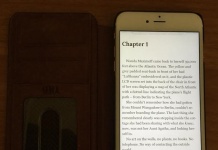

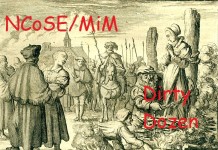
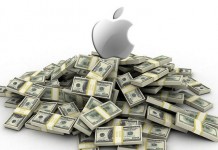
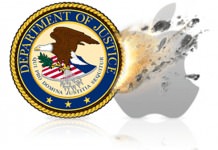











I really like Random Penguin as a name. The joke possibilities are endless. I’ll bet that no matter what official name they come up with, folks will call them Random Penguin, when they aren’t calling them something unprintable.
It’s what I’m already seeing people calling them, so I think you’re right.